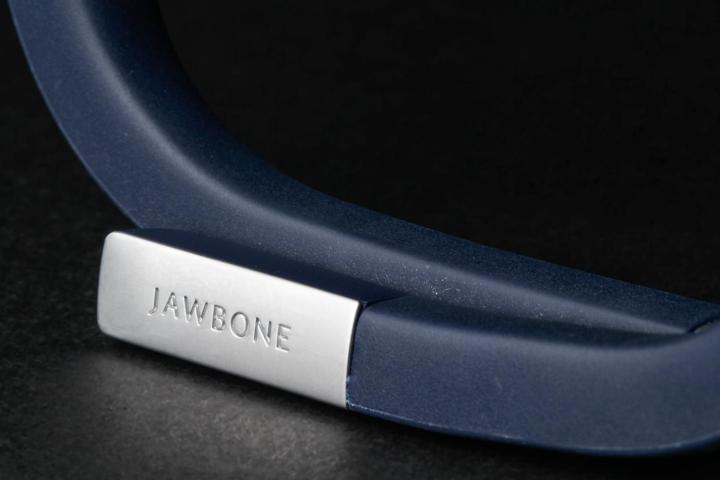
The latest move against San Francisco-based Fitbit – filed with the International Trade Commission (ITC) this week – demands that an import ban be imposed on assembled Fitbit devices, as well as on parts used to make them. The action relates to a Jawbone lawsuit filed with the U.S. District Court last month accusing Fitbit of patent infringement in connection with its fitness trackers.
In its initial lawsuit, sent to San Francisco Superior Court at the end of May, Jawbone accuses Fitbit of poaching staff and “systematically plundering” commercially sensitive information.
Jawbone, a company that’s built a highly successful business around its UP range of wearables, said last month that its court action had arisen “out of the clandestine efforts of Fitbit to steal talent, trade secrets and intellectual property from its chief competitor.”
Jawbone warned Fitbit last month that it would be taking its grievances to the ITC. According to the Wall Street Journal, the company is asking the commission for a ruling in its cases within 15 months, as well as the granting of a cease-and-desist order, in a bid to secure the import ban.
It’s important to note that Fitbit, which sells trackers such as the Flex and Charge, rejects all of Jawbone’s claims. In a statement issued last month, it responded to the legal maneuvers against it, claiming it was “unaware of any confidential or proprietary information of Jawbone in our possession,” adding that it intends to “vigorously defend” itself against all the allegations.”
Fitbit IPO
The latest action against Fitbit comes nearly a month after the company landed on the New York Stock Exchange. Its shares on Wednesday were worth $41.90, more than double the $20 IPO price. In 2014 the company raked in $745 million in revenue, landing it a profit of $132 million.
With that kind of money sloshing about, it’s easy to see why the fitness-tracker market has become so intensely competitive in recent years. And it seems there’s still plenty of potential, with some analysts estimating that the wearables industry, of which fitness trackers are a part, could be worth as much as $12 billion by 2018.


